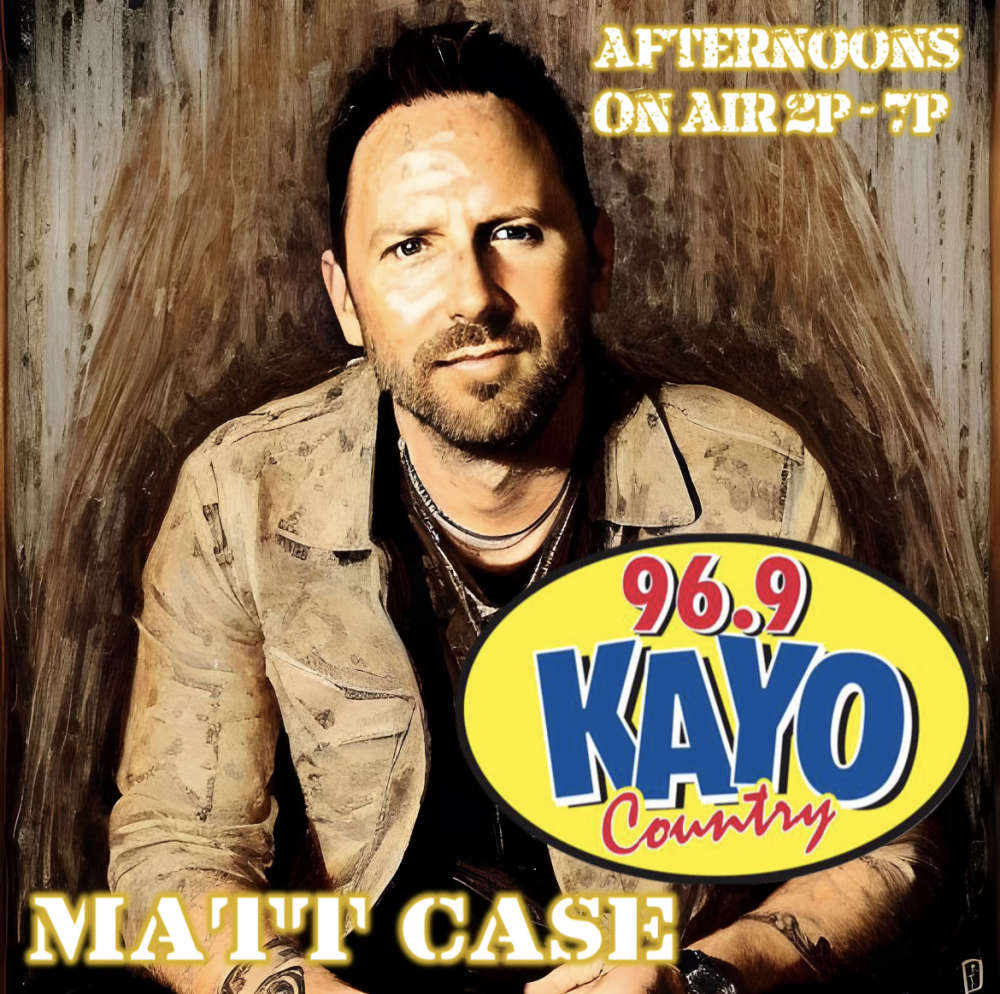HAVE WE FORGOT OUR MANNERS? HOW MANY OF US STILL USE "PLEASE"
Matt Case - May 28th, 2024 - 7:30am PDT
What’s the magic word? According to a new study of American etiquette, it’s no longer “please.”

Researchers at UCLA analyzed recordings of 1,000 individuals interacting with loved ones, colleagues, and others. Their study, published in Social Psychology Quarterly, found that only 7% of Americans still preface requests with the polite phrase 'please.'
According to the findings, both men and women use 'please' at similar rates—6% for men and 7% for women. Interestingly, adults were more likely to use the word when requesting something from a man. When speaking to children, adults used 'please' 8% of the time, but this dropped to 6% when talking to other adults.
“There is not much older data to give us a sense of how the rate [of use] might have changed over time, but we suspect that this isn’t really a recent development,” said Andrew Chalfoun, a UCLA PhD candidate in sociology and study co-author, in an interview with Yahoo News.
Researchers observed that 'please' was often employed to “overcome resistance or willingness” to comply with a request. Chalfoun noted, “A lot of ‘please’ is definitely used to basically put pressure to comply on the other party.”
He illustrated this with a real-life example where a daughter used 'please' after her mother initially declined to buy her a new dress.
Chalfoun explained that people use 'please' when making a request they feel is somewhat problematic. The word is used strategically to increase the likelihood of compliance, as it would be impolite to refuse a nicely phrased request.

“We know that people find it hard to say no to requests because it is impolite to do so,” said Vanessa Bohns, a Cornell University professor of social psychology not involved in the study, in an interview with Yahoo News. “By adding ‘please’ to a request, the asker is essentially reminding the target of those politeness norms.”
The study raises questions about the effectiveness of teaching children to use polite phrases. While it’s complicated, as these niceties don’t necessarily yield genuinely polite intentions or behavior, they still play a role in social interactions.
